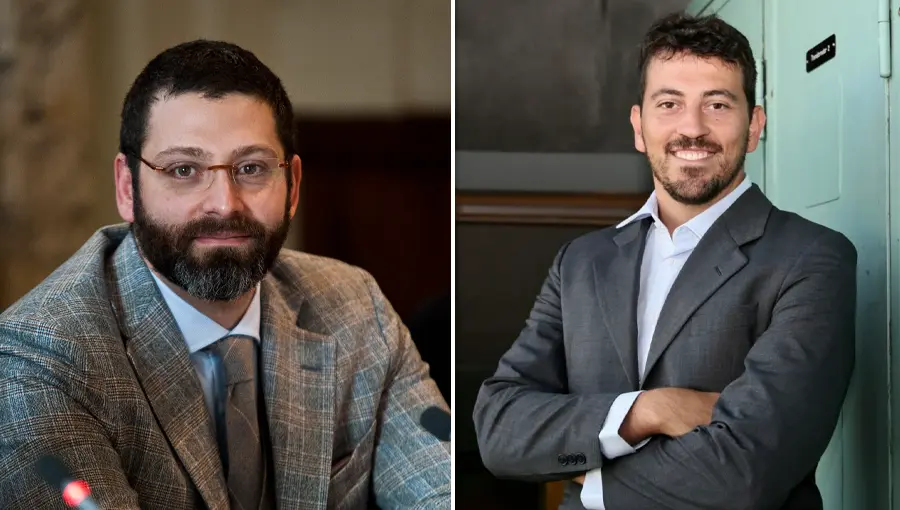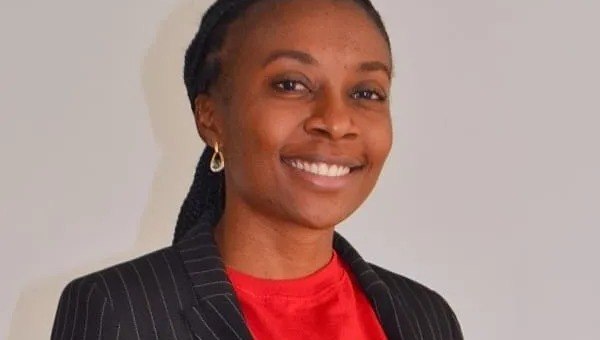JCU Welcomes Ridaje Founders Di Ciaccio and Mongelli
On October 16, John Cabot University welcomed Lorenzo Di Ciaccio and Luca Mongelli, co-founders of the startup Ridaje. They were guest speakers in Professor Pietro Versari’s Social Entrepreneurship course. The event was sponsored by the JCU Institute for Entrepreneurship.

Ridaje is a social enterprise that aims to address the issue of homelessness in Rome by offering comprehensive training programs and employment prospects to individuals in need. The organization’s primary objective is to empower individuals to develop the necessary skills and knowledge to pursue careers as urban gardeners. The provision of gardening services for neglected public green spaces contributes to the revitalization of neighborhoods. Ridaje seeks out enterprises, organizations, and community committees with a vested interest in preserving green spaces.
The involvement of the community is often crucial for the success of social enterprises. In order to gain a more comprehensive understanding of the priorities of local communities in terms of desired initiatives, the startup launches a fundraising campaign on its website, therefore soliciting their input. Furthermore, the narratives of the recipients serve as a source of inspiration and foster active involvement among individuals.
After graduating from Sapienza University of Rome, Di Ciaccio’s professional background initially revolved around the field of technology, and he served as an IT consultant. He then embarked on his entrepreneurial journey by establishing his first firm, Pedius, launched in Rome by the TIM WCAP Acceleration program (TIM’s open innovation program dedicated to startups and small and medium-sized enterprises). This innovative venture aims to facilitate phone communication for individuals with hearing impairments, thereby addressing a pressing societal need.
After completing a Ph.D. in Management at LUISS Guido Carli, Mongelli, assumed the role of Executive Director at the MCE Research Centre in Markets, Culture, and Ethics at the Pontifical University of the Holy Cross in Rome. The dedication demonstrated by the two Ridaje co-founders towards social issues and entrepreneurship is remarkable, serving as a testament to the potential that lies within the realm of entrepreneurship.
In relation to their operational procedures, they have effectively expanded the startup while preserving the fundamental social principles and aims that underpin their mission. The term scalability, in a general sense, is typically associated with technology and aims to minimize human labor in processes. However, in the case of Ridaje, the approach is the opposite, as it begins with prioritizing human involvement. In order to achieve scalability, it is necessary to establish ideals and procedures pertaining to human labor and social rehabilitation. These features serve as the focal points of their research and field-testing endeavors. Maintaining a focus on both the value proposition and the individuals involved can serve as a stabilizing force to prevent mission drift and mitigate the dilution of impact. The process involves assessing the influence of educational institutions on local communities on a semester basis, followed by an evaluation of strategies to enhance their social performance.
When asked the question, “What guidance would you provide to university students who aspire to initiate their own social enterprises?”, Mongelli and Di Ciaccio provided two key recommendations. One essential aspect is the necessity of cultivating a cultural background. Gaining work experience in several situations is crucial for broadening one’s perspective and acquiring essential abilities as an entrepreneur. The second recommendation is connected to a fundamental principle that one must bear in mind while engaging or serving minority groups: inclusivity and collaboration are essential, and decisions should not be made on people’s behalf without their active involvement. It is imperative to involve customers and beneficiaries in the first stages of the design process.
(Riccardo Maiolini)





